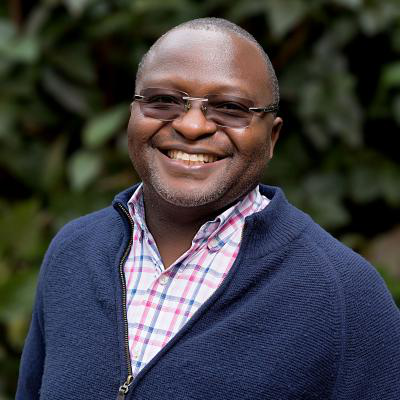Descriptions
Climate change impacts the agriculture-based livelihoods and food security of rural communities in southeast and coastal Kenya's ASAL counties. Given the reliance of smallholder farmers on rainfall, these communities are highly vulnerable to the impacts of climate change. Over the last three decades, temperatures and extreme heat stress have increased, while rainy seasons have become more uncertain and variable in the region, contributing to chronic food insecurity in the region This trend is expected to continue into the future, resulting in more frequent and intense dry spells, punctuated by periods of intense rainfall and floods, and an increasingly fragile ecosystem. In the coastal two counties included in this proposal Kilifi and Tana River, people are experienced increasing intensity of storms and the inundation of coastal zones from storm surge and fluvial floodwaters as well as coastal erosion.
Rising sea levels, increasing sea surface temperatures, and ocean acidification are degrading coral reefs, seagrasses and mangrove forests, reducing their capacity to provide critical protective ecosystem services to vulnerable coastal communities. These climate pressures are exacerbated by pollution from agricultural run-off and soil erosion caused by riparian farming in the two main river systems: Sabaki and Tana rivers. The project adopts an integrated land-marine adaptation approach for the ASAL countries in the south-eastern and coastal area of Kenya. The approach applied in this project is expected to drive a paradigm shift in Kenyan awareness and policy action on land, marine and pollution management to build resilience to climate change. The project engages farmers and coastal communities in the four ASAL counties of Kajiado, Kitui, Machakos and Makueni and two ASAL coastal counties of Kilifi and Tana River.






















